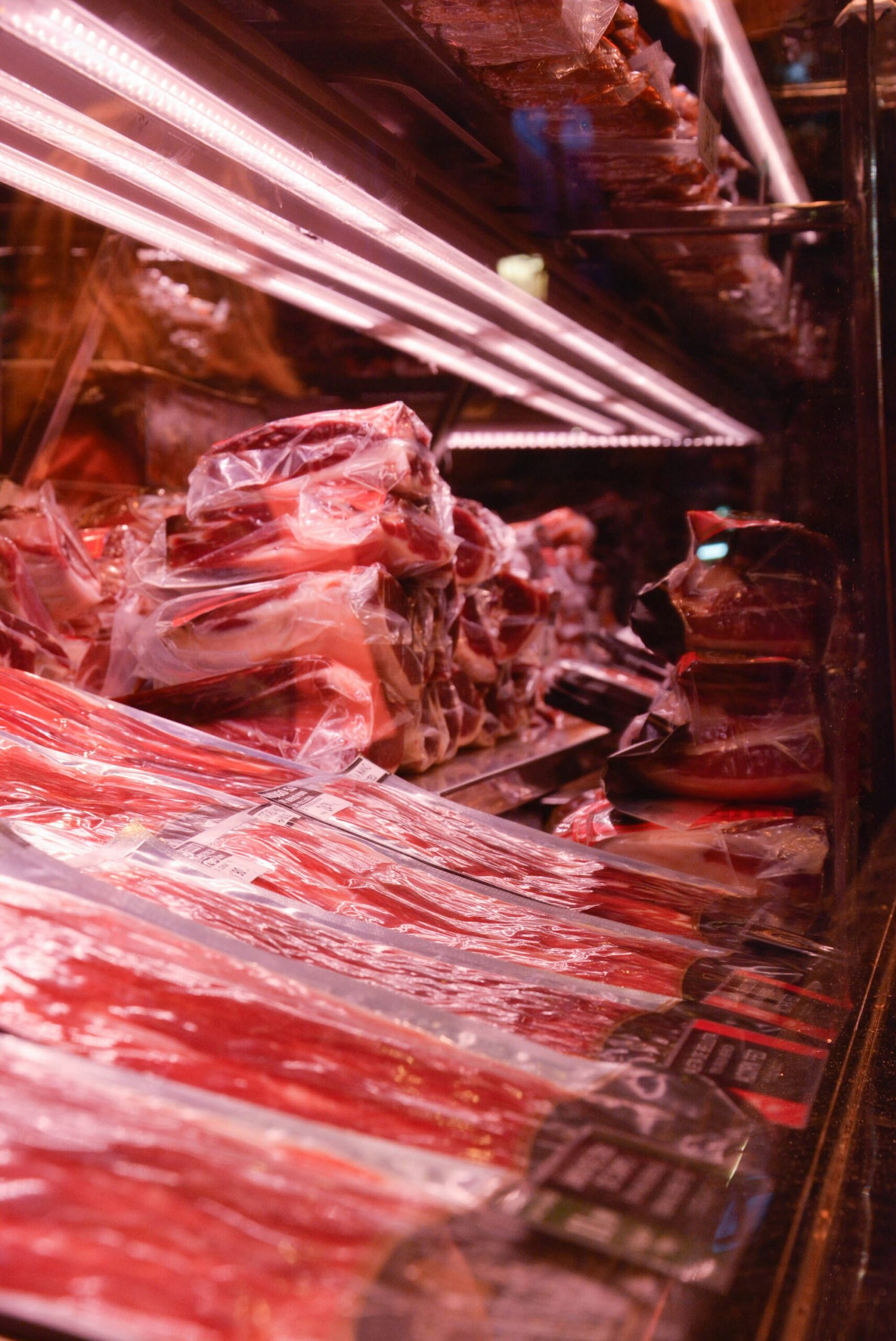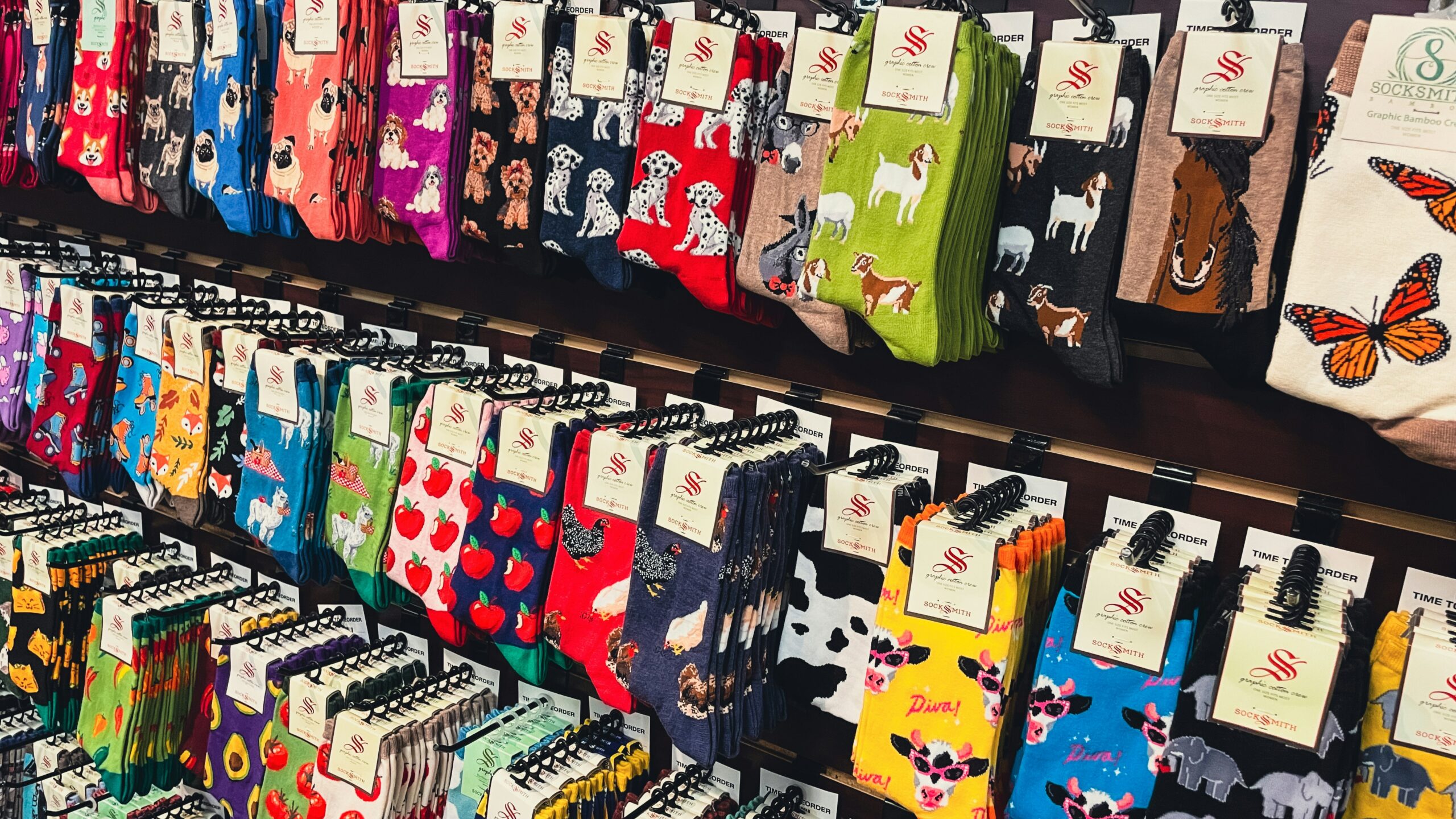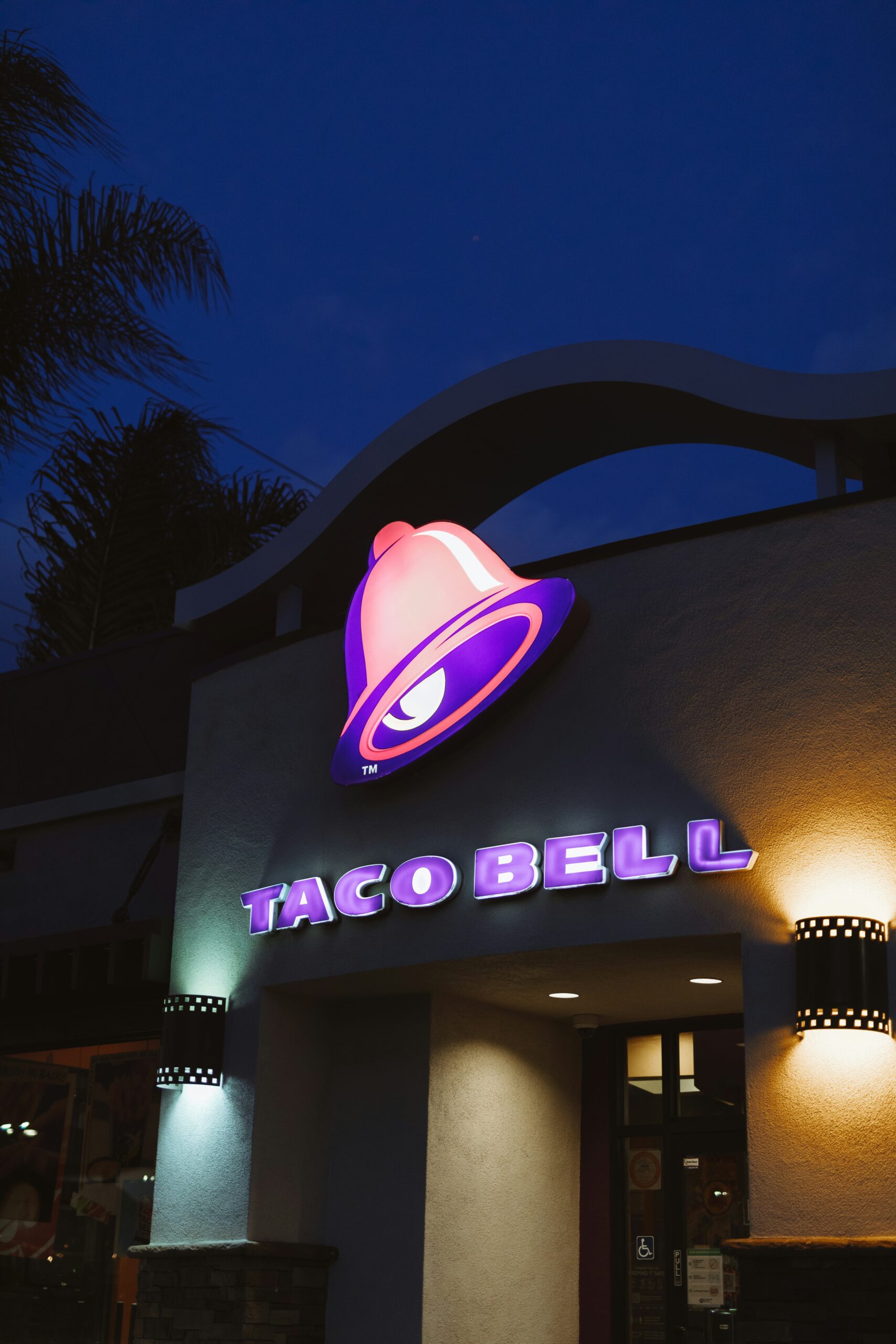Image credit: Unsplash
A seasoned businessman with 38 years of experience in the meat and agricultural sectors, Jeff “Trip” Tripican recently started a new position as CEO of Meatable. This Dutch firm specializes in producing meat. Throughout his career, he held prominent roles at several large food firms, including Frontier Natural Products and Sara Lee. Borden Dairy and Perdue Farms. To promote cooperation between established meat procedures and the development field of lab-grown meat, Tripician is now using his knowledge in the cultured meat business.
After starting her career in marketing at Procter & Gamble, Tripician moved on to more senior positions at Borden Dairy and Sara Lee. Before joining Meatable, he held the most notable role as President of Perdue Farms, one of the nation’s top procedures and the developing field of lab-grown meat; Tripician is now using his wealth of knowledge in the cultured meat business.
Tripician, in a recent interview, spoke out on this, saying, “I started to become more aware of what should have been a partnership type relationship because both processors and producers are mutually dependent on one another, and I thought to myself, why aren’t we looking out for each other more?”
This realization later influenced his approach at Meatable, where he is now leading efforts to connect the traditional and cultivated meat industries, a space viewed with skepticism by many.
When Meatable first approached Tripician about being the CEO, he initially hesitated. When Meatable called me, they said we’re an idea; I said I hear plenty of ideas, thank you anyway,” Tripician said. The meatable team persisted, pushing him to consider the blogger’s picture of land degradation, climate change, and food security. Tripician, who acknowledged that he didn’t know much about cultured meat, was intrigued and decided to learn more.
His viewpoint was altered upon visiting Meatable’s research and development facility in the Netherlands. The company’s capacity to create a pound of meat in just four days amazed Tripician, who acknowledged that he didn’t know much about cultured meat or the industry, was intrigued and decided to find out more.
“When I came into the role test, said we have to innovate, be pioneers, but we have to do that in a way that does not threaten the meat industry or as much as one farmer or one rancher,” Tripician emphasized.
Significantly, Tripician was appointed CEO of Meatable, especially considering his dedication to collaborating with the conventional meat business rather than opposing it. He plans to grant extensive meat procedures a license to use Meatable’s manufacturing and technological know-how so they may create farmed meat in addition to traditional goods. This approach mirrors programs like “Certified Angus Beef,” where companies use a seal of quality to differentiate their products.
“The meat industry is 90% made up of four or five big players, so I want to say to them, look, I have intellectual property and patents that say I can produce this amount of cultivated meat in 4 days, and we will give them that technology, we’ll give them all the vendors — from equipment to media ingredients,” Tripician mentioned when discussing now being a part of the industry.
Tripician intends to test this cooperative concept in Singapore, a country renowned for its receptivity to culinary innovation. Meatable is in talks with other meat firms in Asia and is now collaborating with the chief marketing officer of a co-packer in Singapore. Before going worldwide, the plan is to test the market, analyze the findings, and improve the approach.




























































































































































































































